|

China represents an enormous threat to freedom and liberal democracy. Under the Chinese Communist Party’s rule, China has very clearly and repeatedly expressed its ambition to dominate the world—to become the leading geopolitical, military, and economic power. Senator Romney recently joined a bipartisan group of colleagues in introducing legislation to advance and solidify the America's leadership in scientific and technological innovation through increased investments in the discovery, creation, and manufacturing of technology critical to U.S. national security and economic competitiveness.
During a visit to Logan, Senator Romney participated in a discussion with political science students at the Utah State University about the need for for a comprehensive strategy to combat this rising threat China poses to the U.S. and our allies.

The U.S. must not sit by and allow China excess influence on global organizations. Senator Romney urged the World Health Organization to allow Taiwan to participate in the annual World Health Assembly. Excluding Taiwan would play right into the hands of the Chinese Communist Party in its quest to strategically isolate Taiwan from the global community.
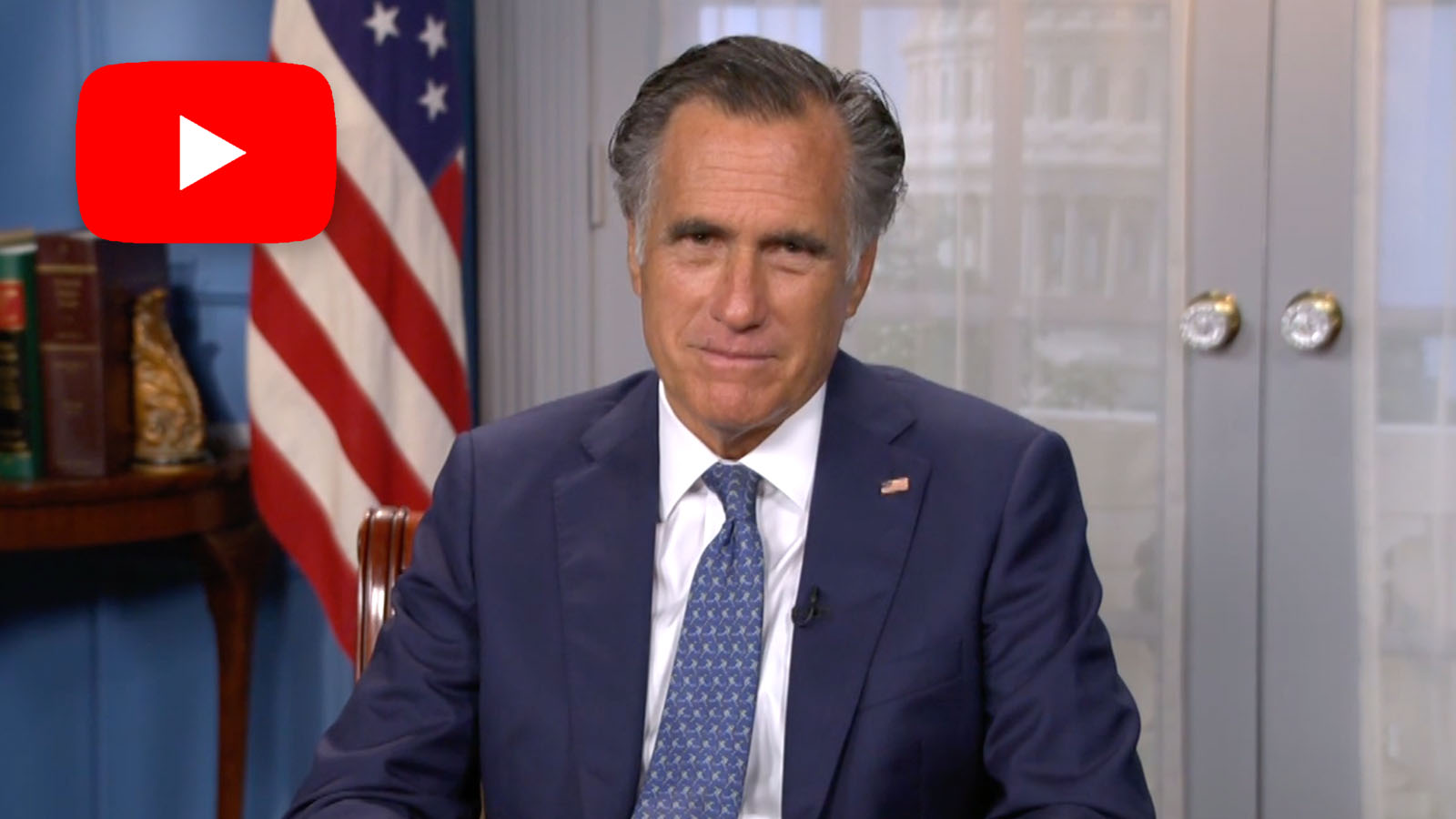
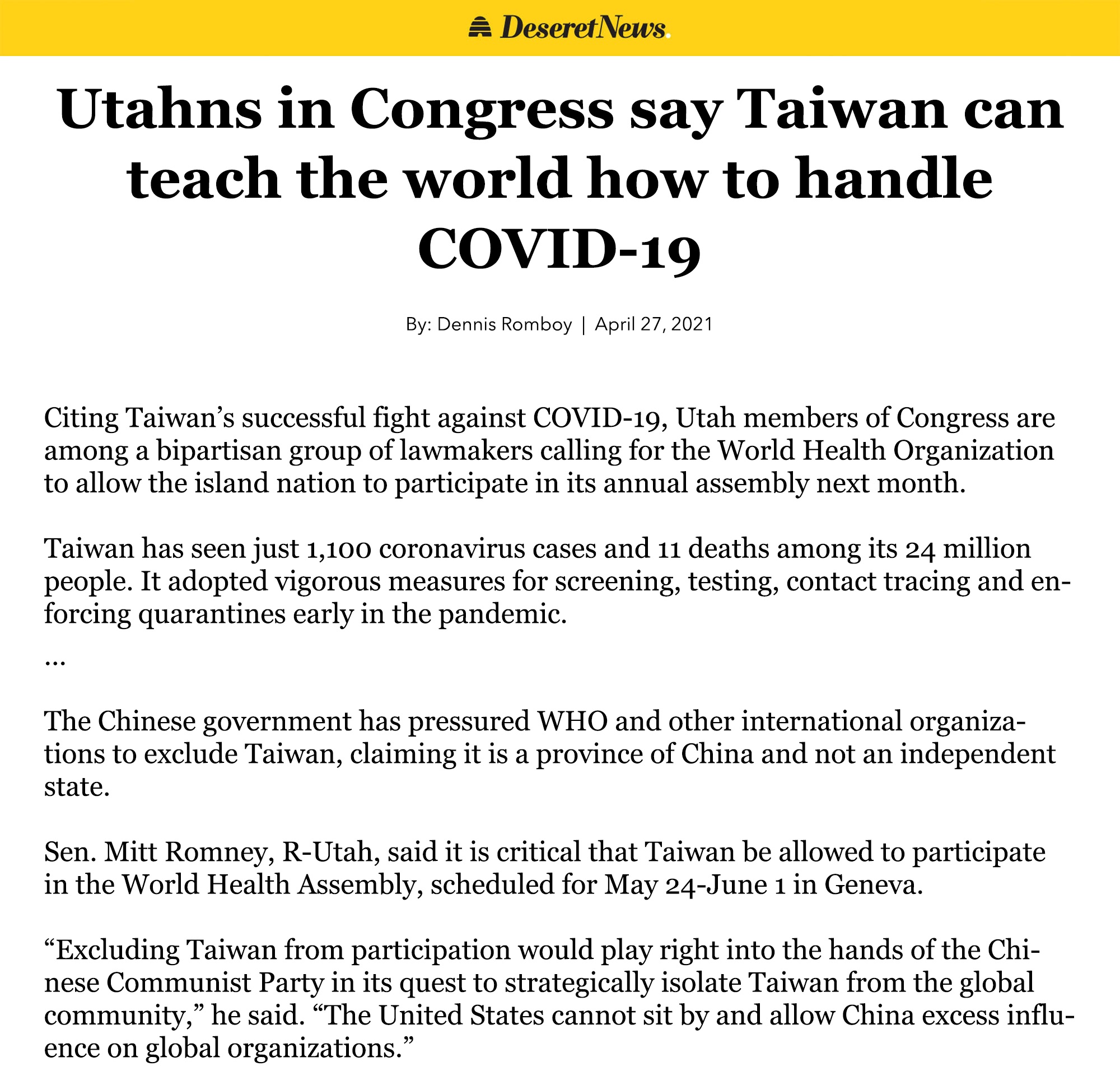
Full story by Dennis Romboy here.

Innovation is the key to tackling climate change globally and keeping the U.S. economically competitive with countries like China. Senator Romney toured Autonomous Solutions in Mendon, learning about their work creating robotic technologies and autonomous vehicles. Following the tour, the Senator spoke with employees and fielded questions.
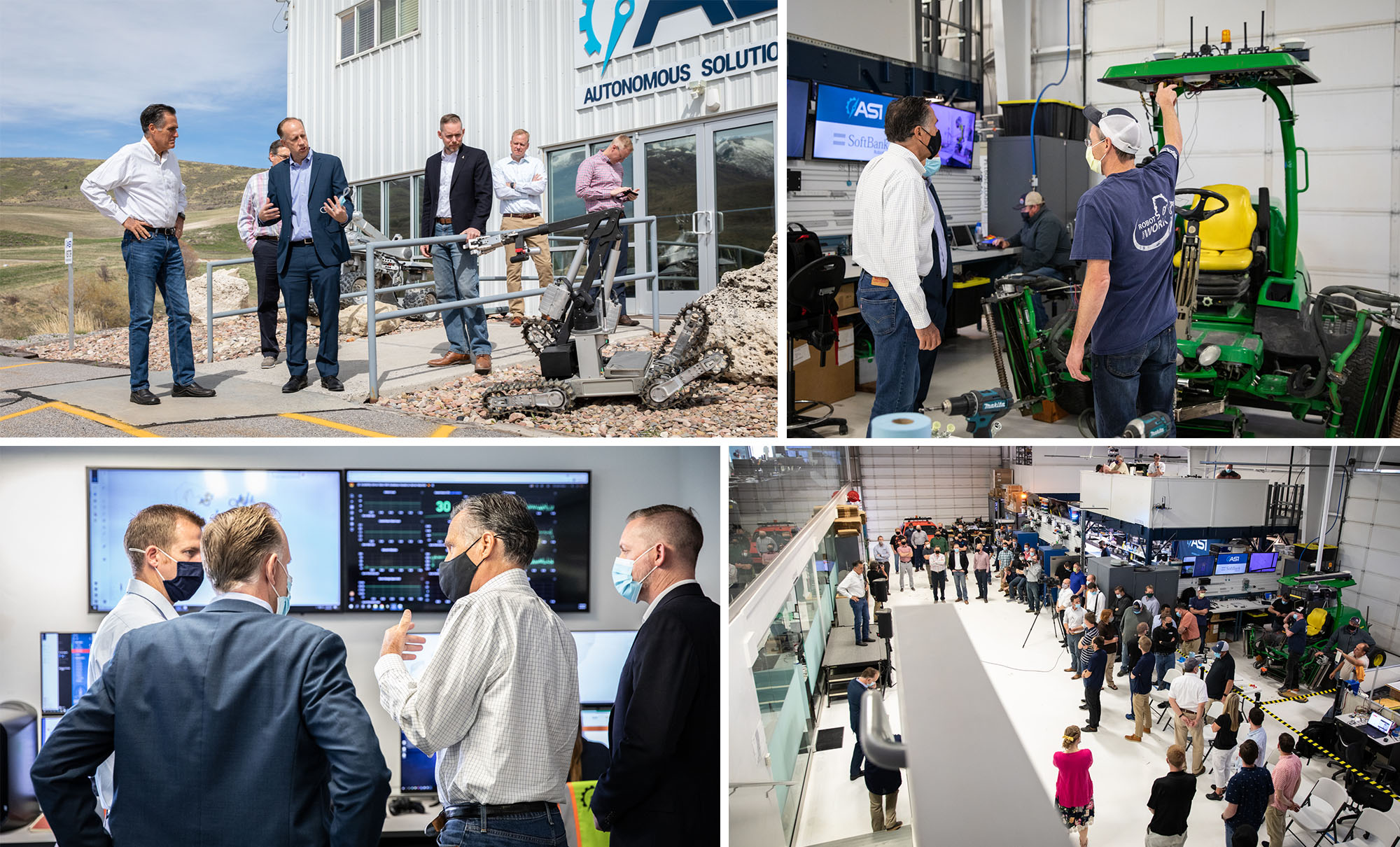
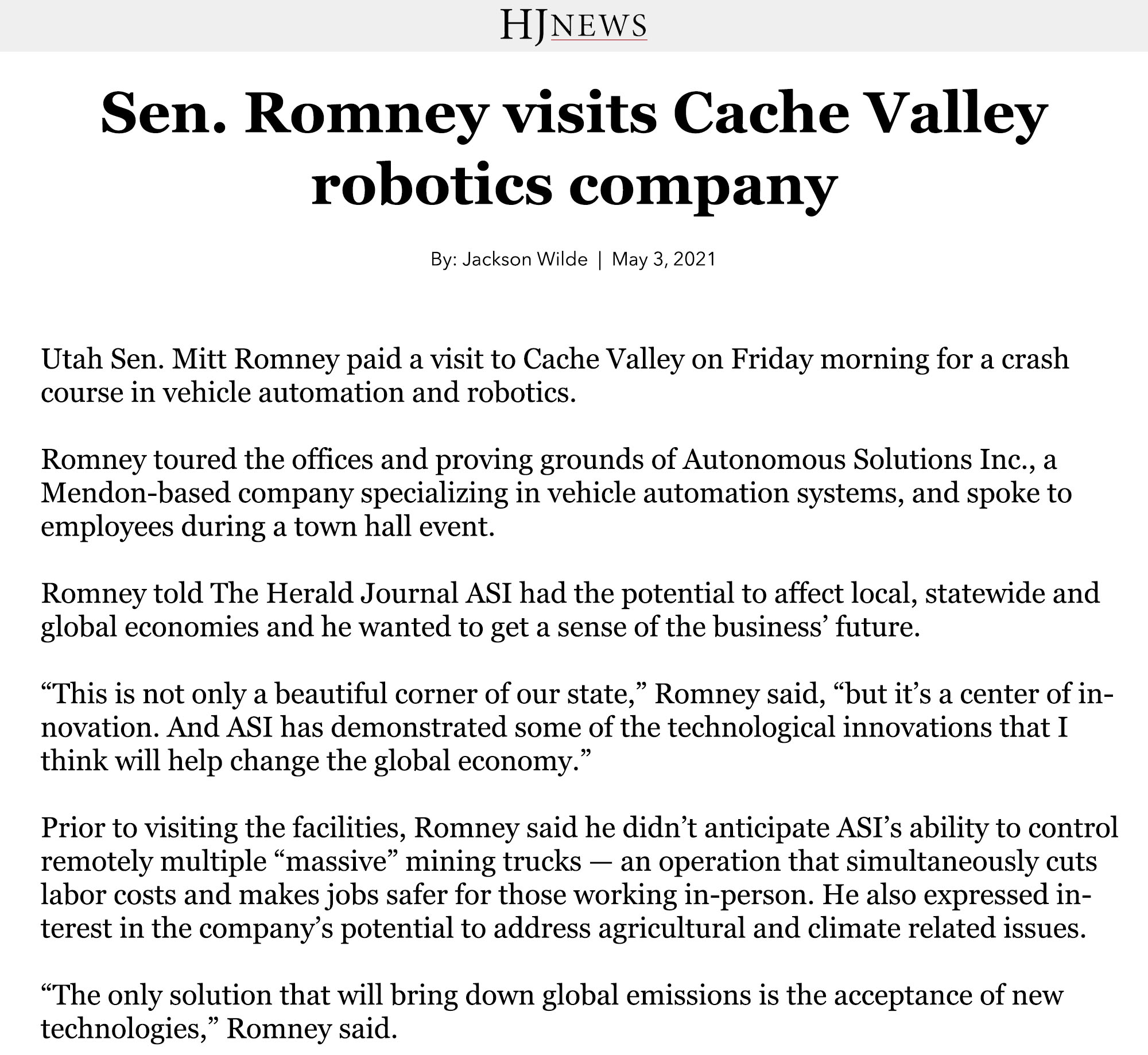
Full story by Jackson Wilde here.

The Great Salt Lake is the largest saline lake in the Western Hemisphere and one of the largest in the world. It is also an iconic and cherished part of Utah. Senator Romney introduced legislation with Senator Merkley (D-OR) to establish a scientific foundation and ongoing monitoring system to inform coordinated management and conservation actions for threatened Great Basin saline lake ecosystems and the communities who depend on them. "This legislation should complement and help elevate the work already being done by the State of Utah to understand this key resource and the role it plays as part of the larger landscape," Senator Romney said.

While in the Cache Valley, Senator Romney stopped into the KVNU studios to discuss his visit to the area, his priorities in the Senate, and his thoughts on the President's address to Congress.


Senator Romney commented on the President's address to a joint session of Congress, saying: "In his first 100 days, he has proposed six trillion dollars of new spending. That is a modern record. To put that in context, six trillion dollars is about four times our total federal budget. That is an amazing amount of money, and it has the potential of jeopardizing our kids’ future and burdening them with decades of interest costs."
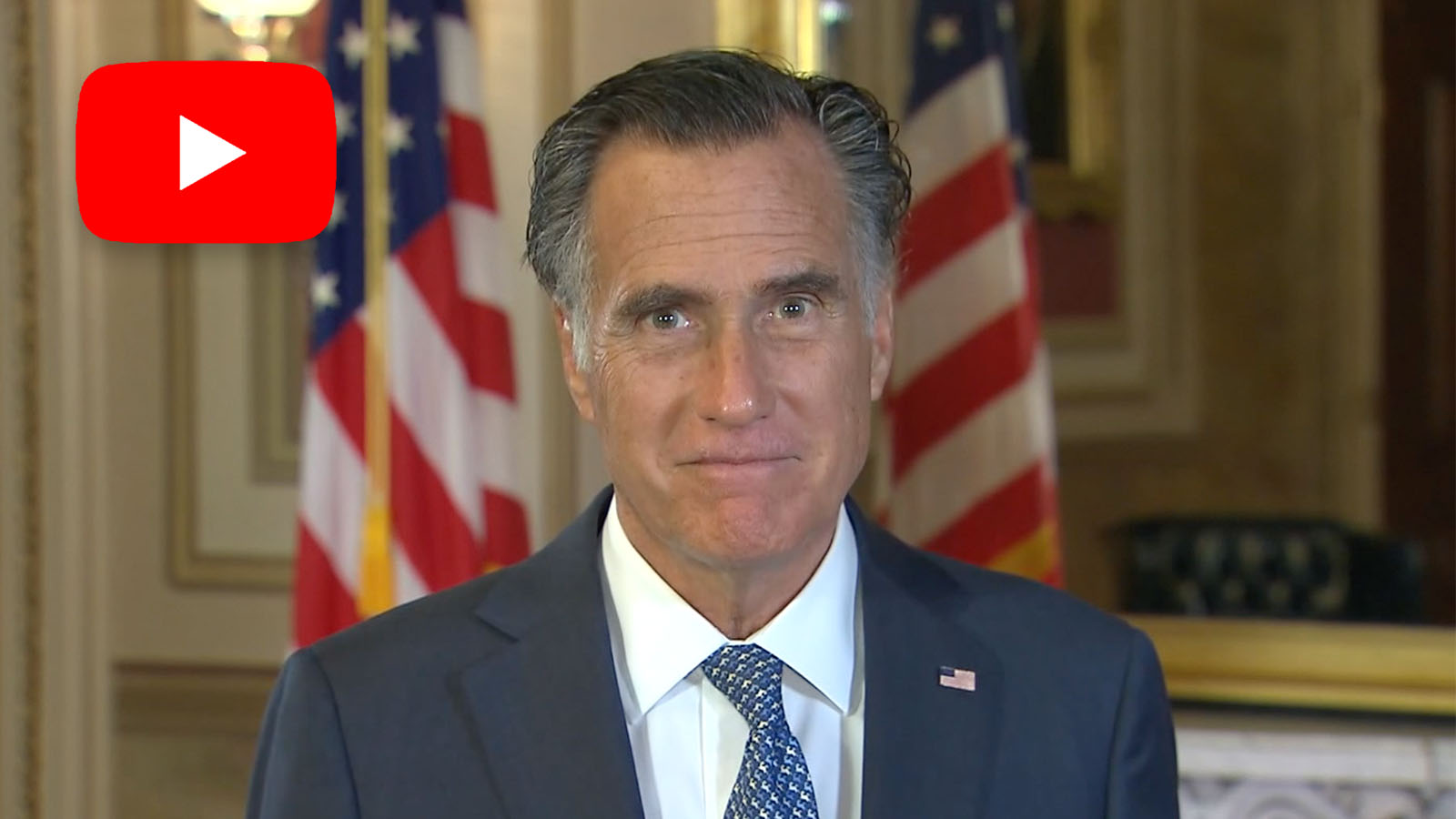

Kids must have the tools necessary to succeed in the 21st century global economy. Senator Romney joined Senators Rosen (D-NV), Wicker (R-MS), and Hassan (D-NH) in re-introducing their Teacher Education for Computer Science Act (Teach CS) Act—legislation to strengthen computer science curriculums in Utah and around the country, creating more opportunities for students to gain important skills which our changing workforce demands. "I appreciate Governor Cox’s commitment to prioritizing computer science for every student in our state, and I’m proud to support similar efforts in the Senate,” Senator Romney said.

Senator Romney met with a group of homebuilders in Logan to discuss how the COVID-19 pandemic has impacted the industry, including unforeseen issues like the lumber shortage.
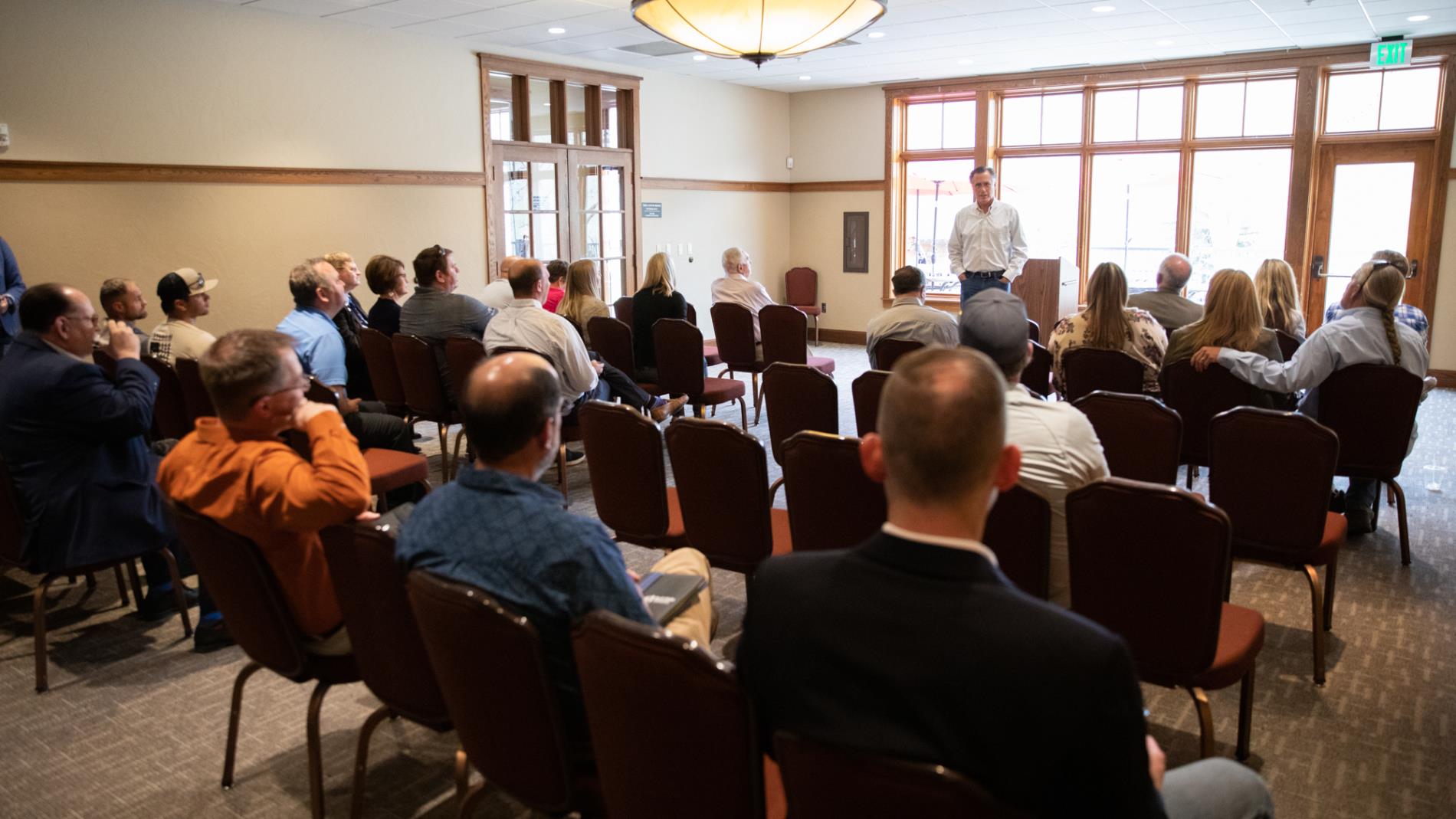
|